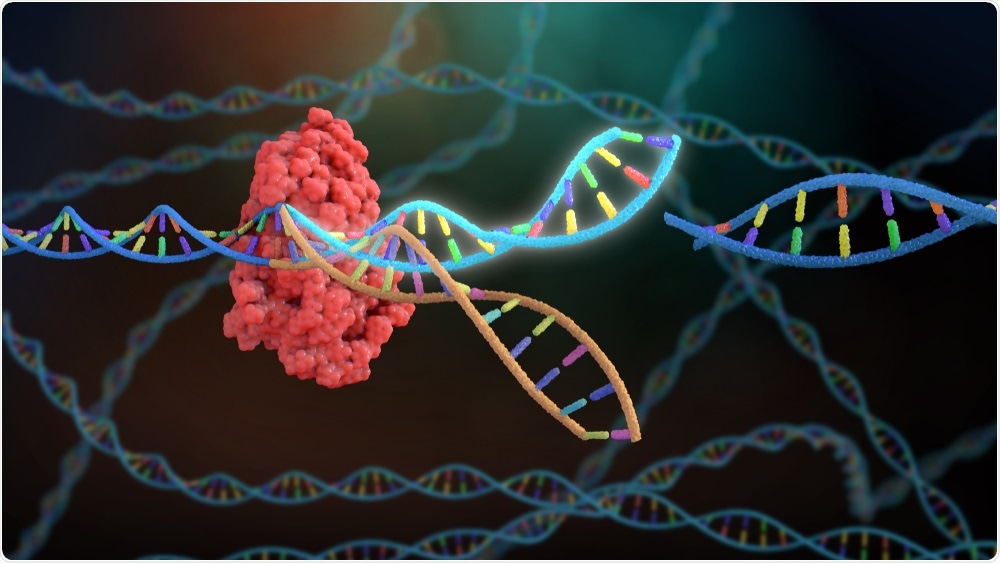A new study shows that the thyroid hormone used to promote the proliferation of hepatocytes improved the efficiency of CRISPR/Cas9-mediated gene repair in the mouse liver.

Image Credit: Nathan Devery/Shutterstock.com
The study, which was published in the peer-reviewed journal Human Gene Therapy, explains that such a dietary induction of hepatocyte regeneration could be a potential clinical approach to improve the repair of genes in the liver.
The research was performed in a mouse model of tyrosinemia type 1.
In neonatal mice, a gene correction frequency of ~10.8% of hepatocytes was achieved. The efficiency in adult mice was significantly lower at ~1.6%.”
Qing-Shuo Zhang and Study Coauthors, Oregon Health & Science University
The thyroid hormone T3 was used to temporarily stimulate hepatocyte division in the adult mice. The result was a considerable increase in the gene correction efficiency to 3.5%.
According to Terence R. Flotte, MD, Editor-in-Chief of Human Gene Therapy, who is also the Celia and Isaac Haidak Professor of Medical Education and Dean, Provost, and Executive Deputy Chancellor, University of Massachusetts Medical School, “The promise of gene editing for human gene therapy is being realized initially with ex vivo manipulation of stem cells and lymphocytes and in small organ targets like the retina.”
“If gene editing becomes efficient enough to correct genetic defects in vivo in the liver, it could then be used to treat a much wider variety of disorders. The work in this paper moves the field closer to that goal,” added Flotte.
Source:
Journal reference:
Zhang, Q.-S., et al. (2020) Induced Liver Regeneration Enhances CRISPR/Cas9-Mediated Gene Repair in Tyrosinemia Type 1. Human Gene Therapy. doi.org/10.1089/hum.2020.042.